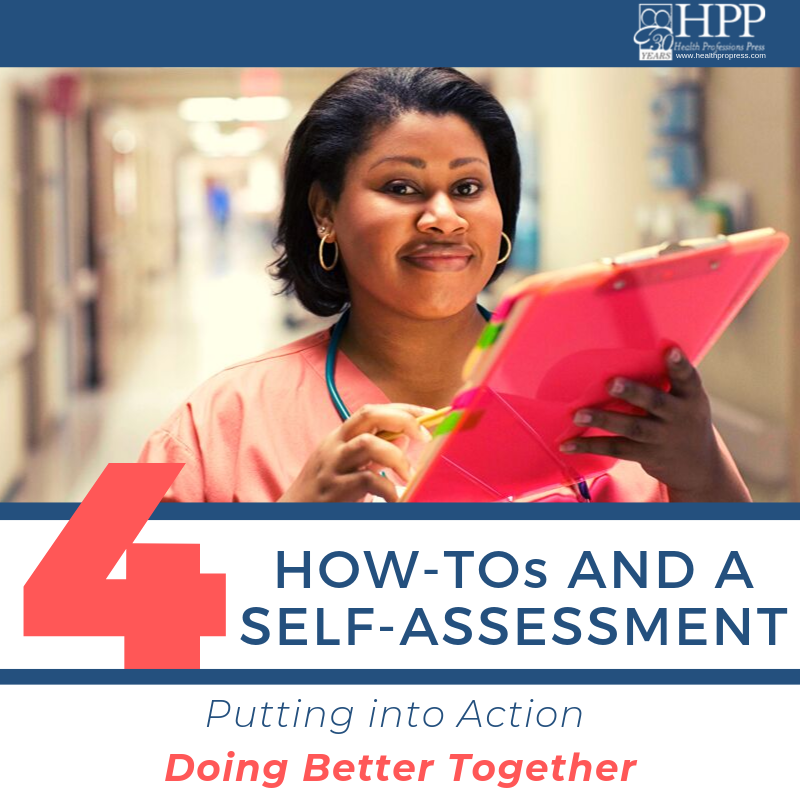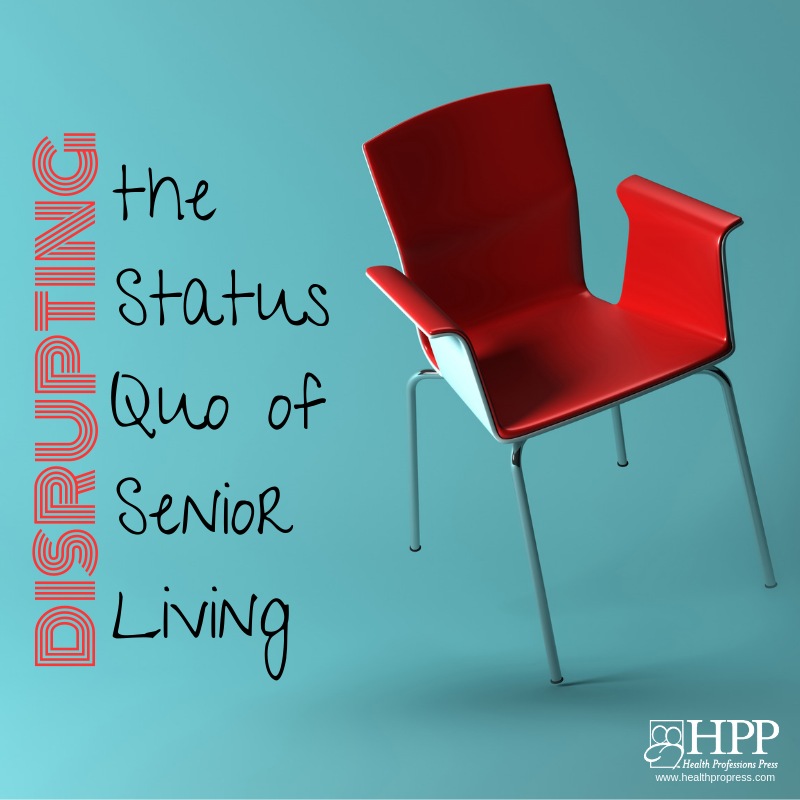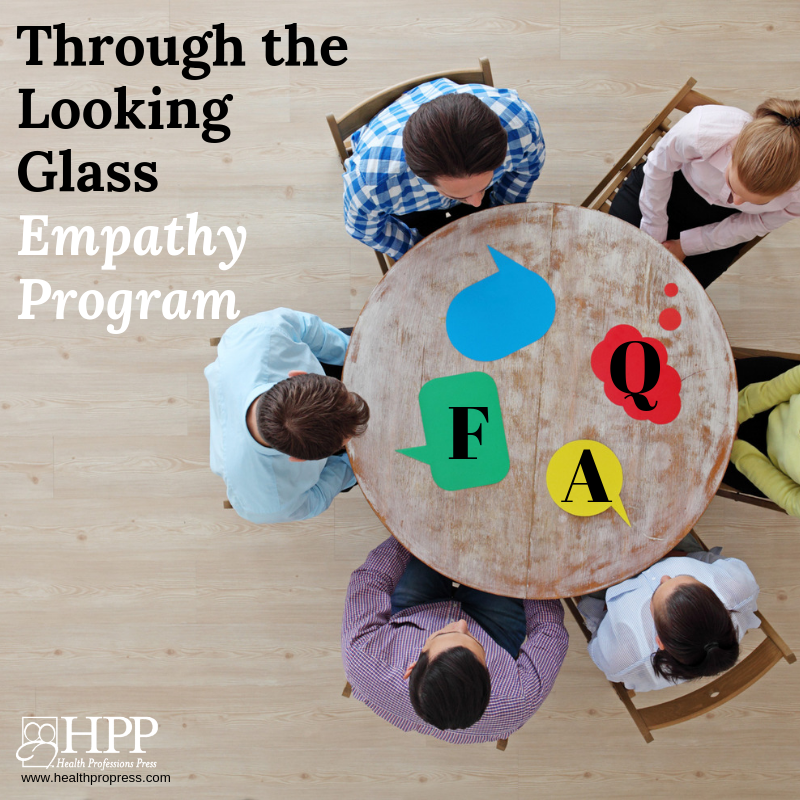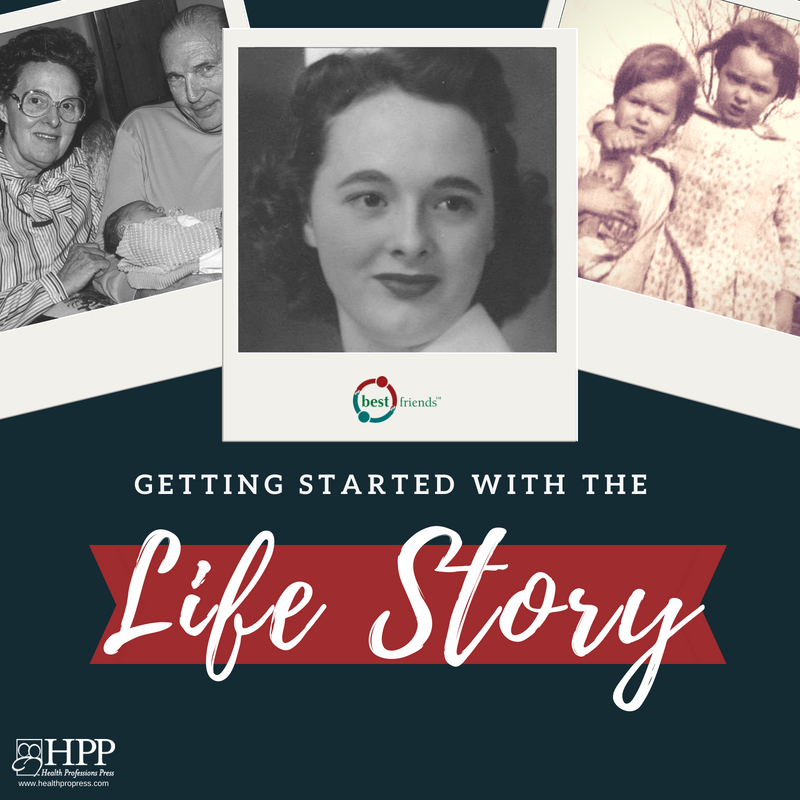
Establishing a Mentor Training Program
One of the most challenging aspects of providing person-centered care is assembling a dedicated, competent, and well-trained team of caregivers. Continuity of care is compromised when there is a high rate of employee turnover; it is detrimental to the well-being of the residents and is a financial burden to the employer. Constant hiring and rehiring degrades the integrity of the staff and diminishes the reputation of a long-term care community. The orientation process for our caregivers is one of the most important investments of time and resources we can make and is absolutely essential to ensure your residents will receive…
READ MORE








